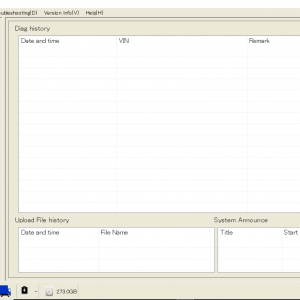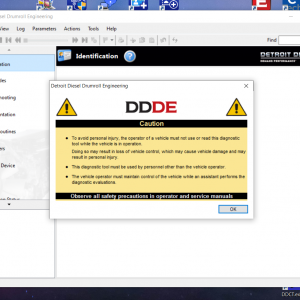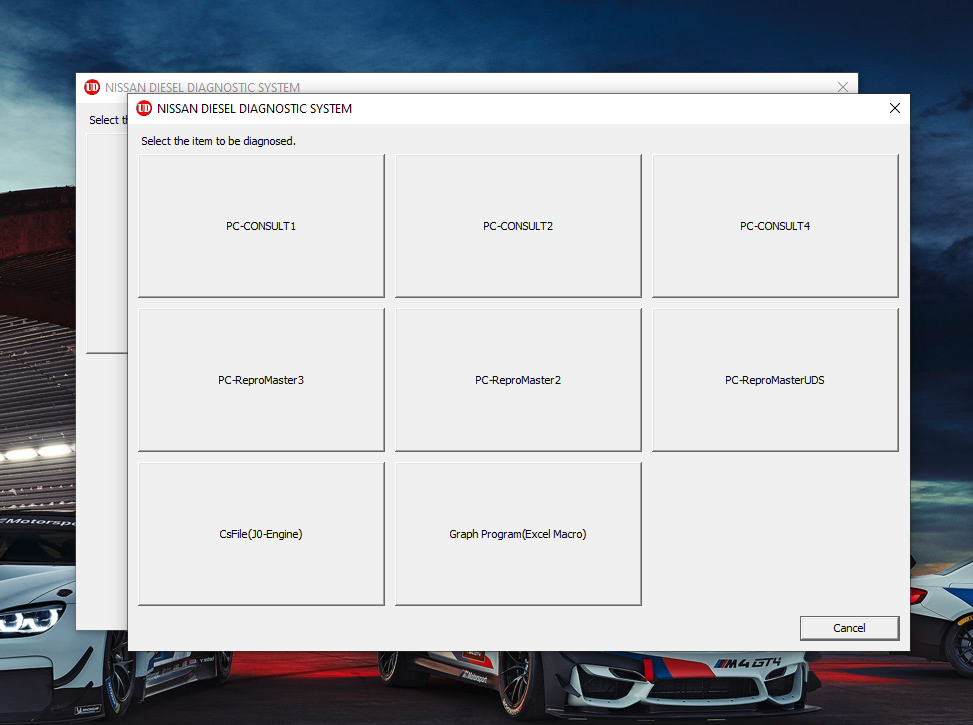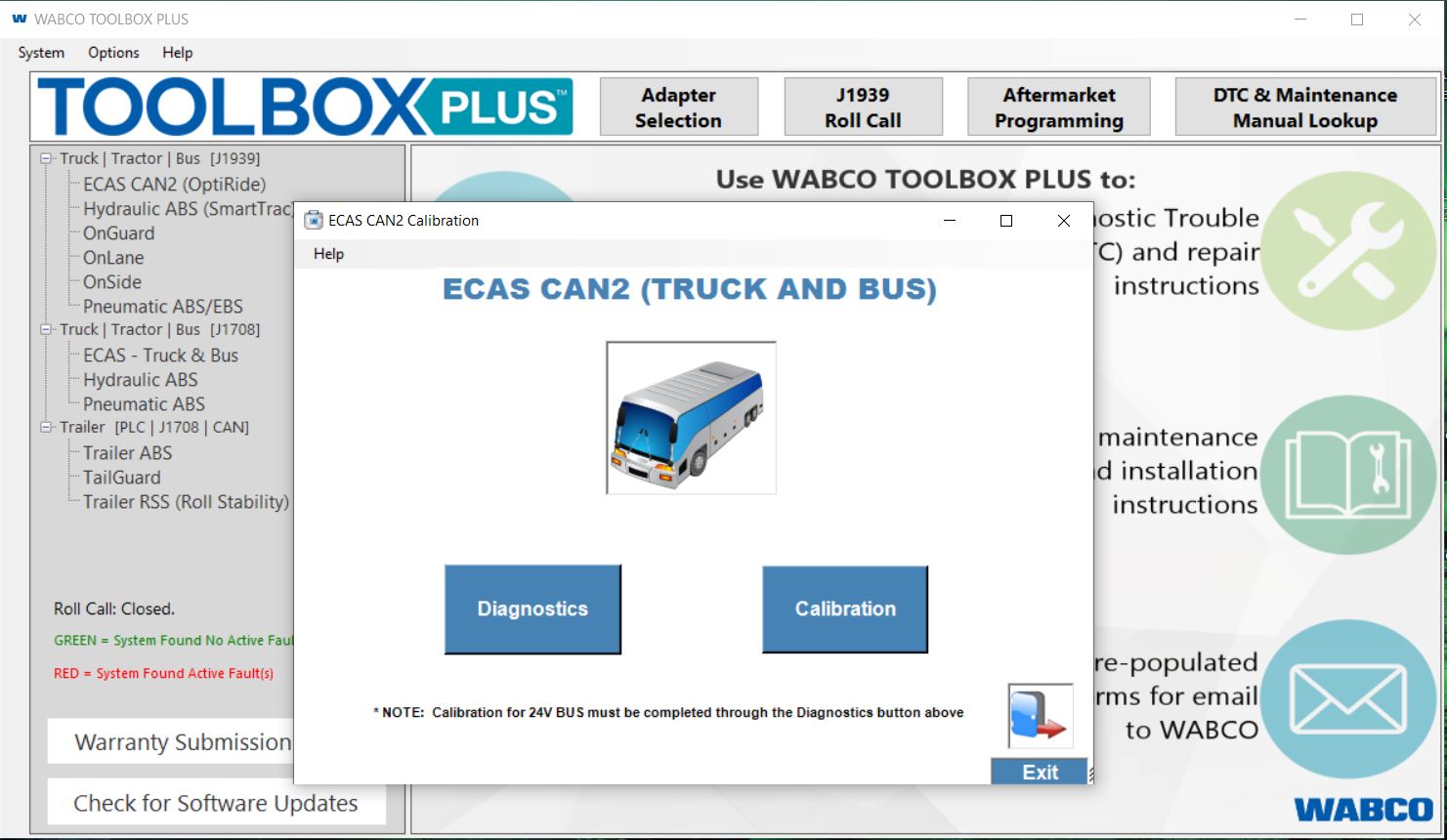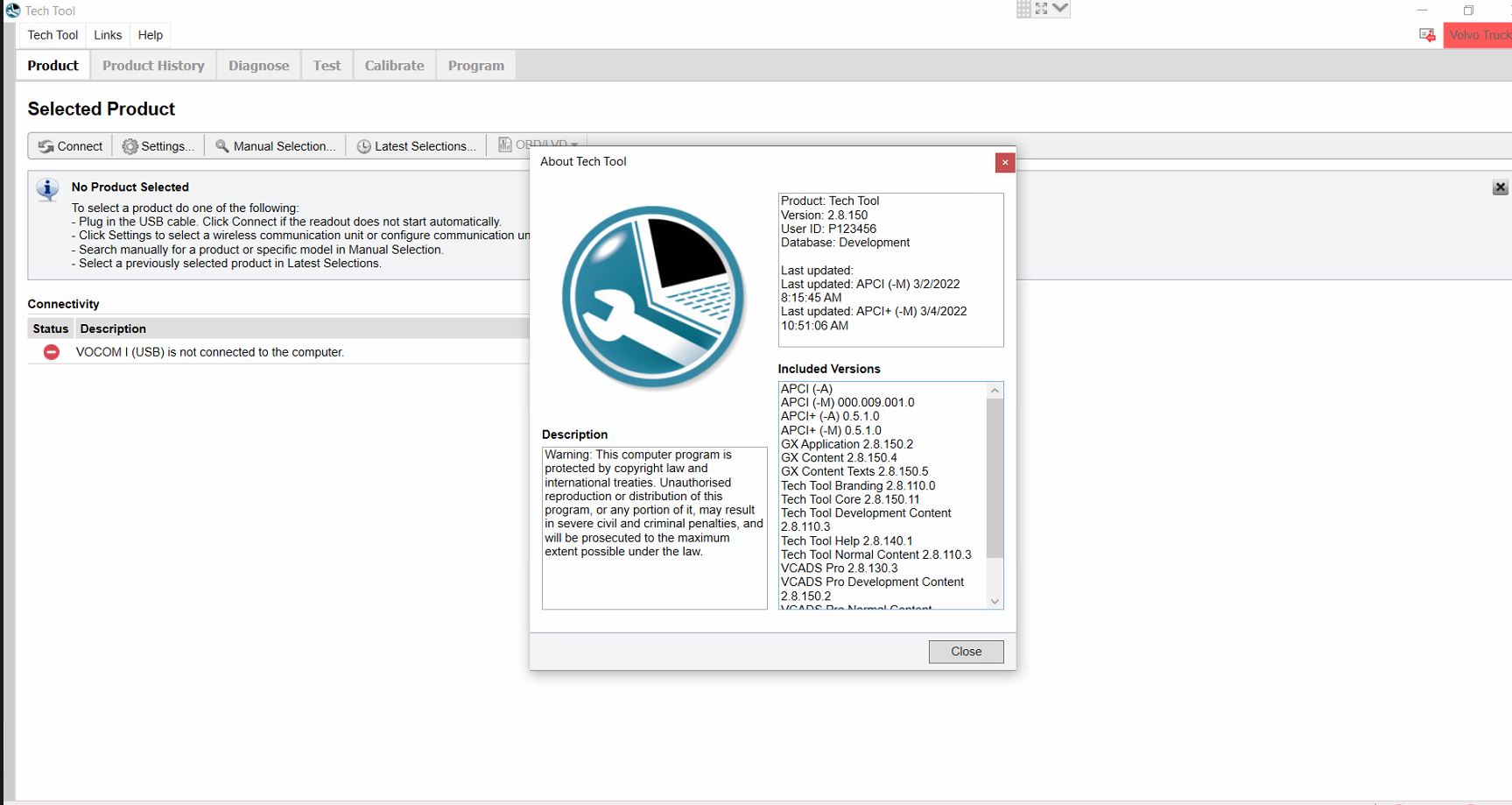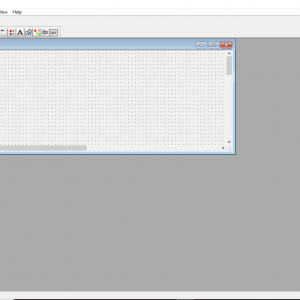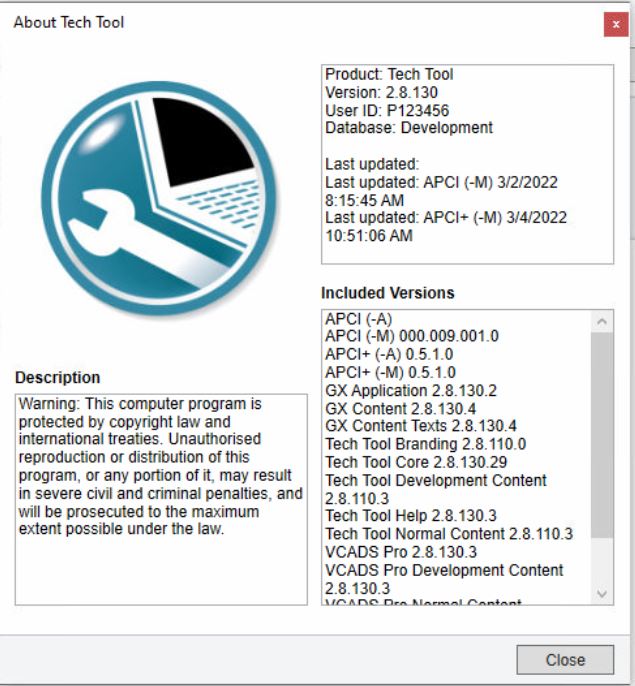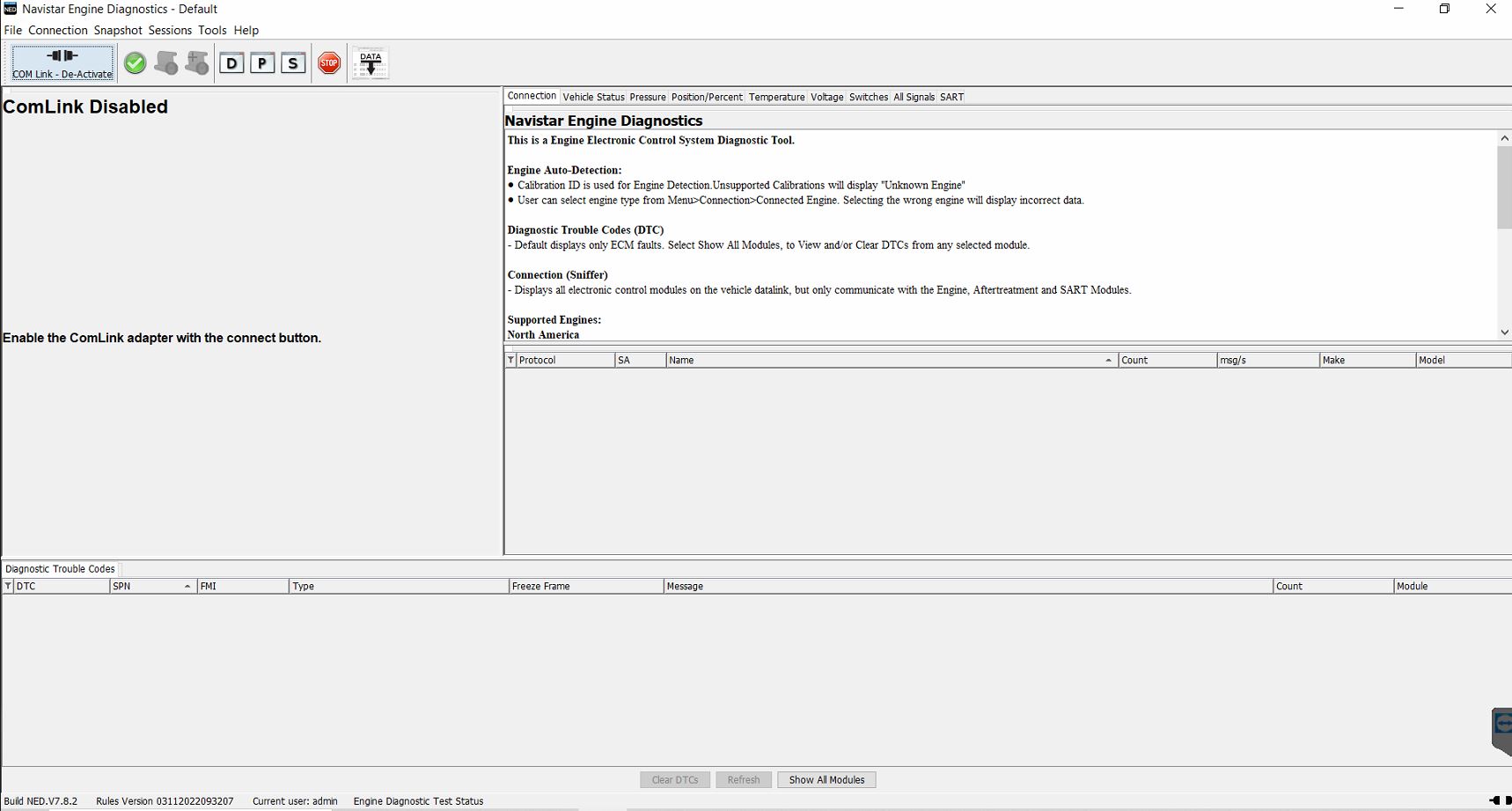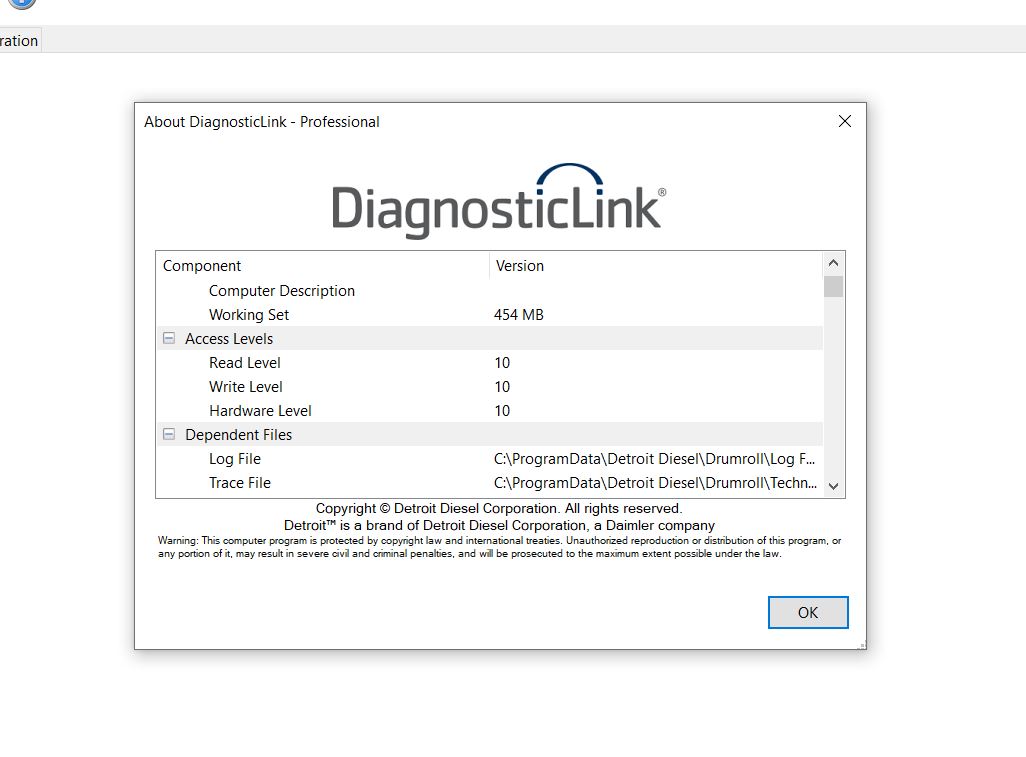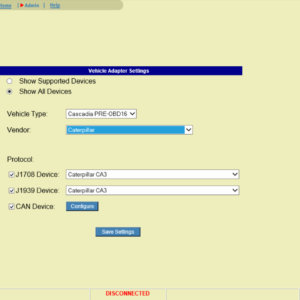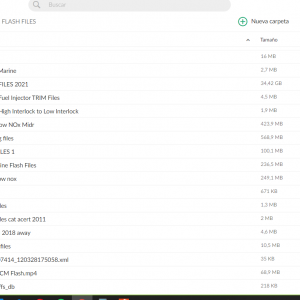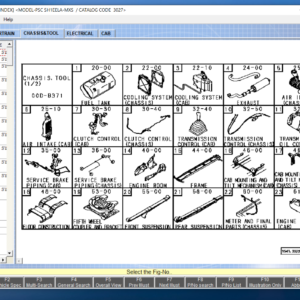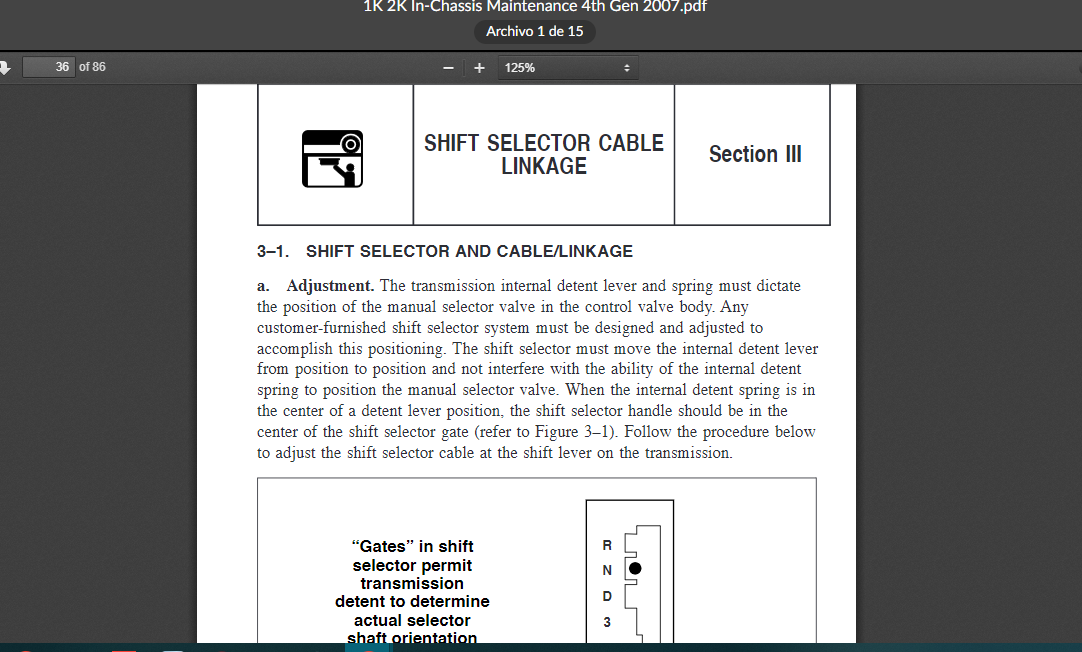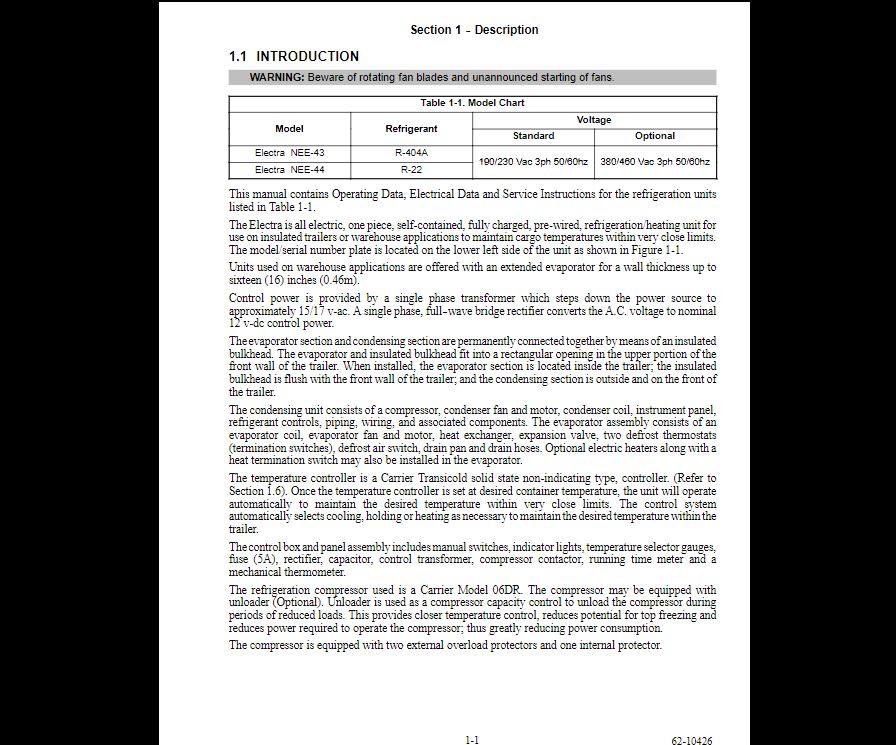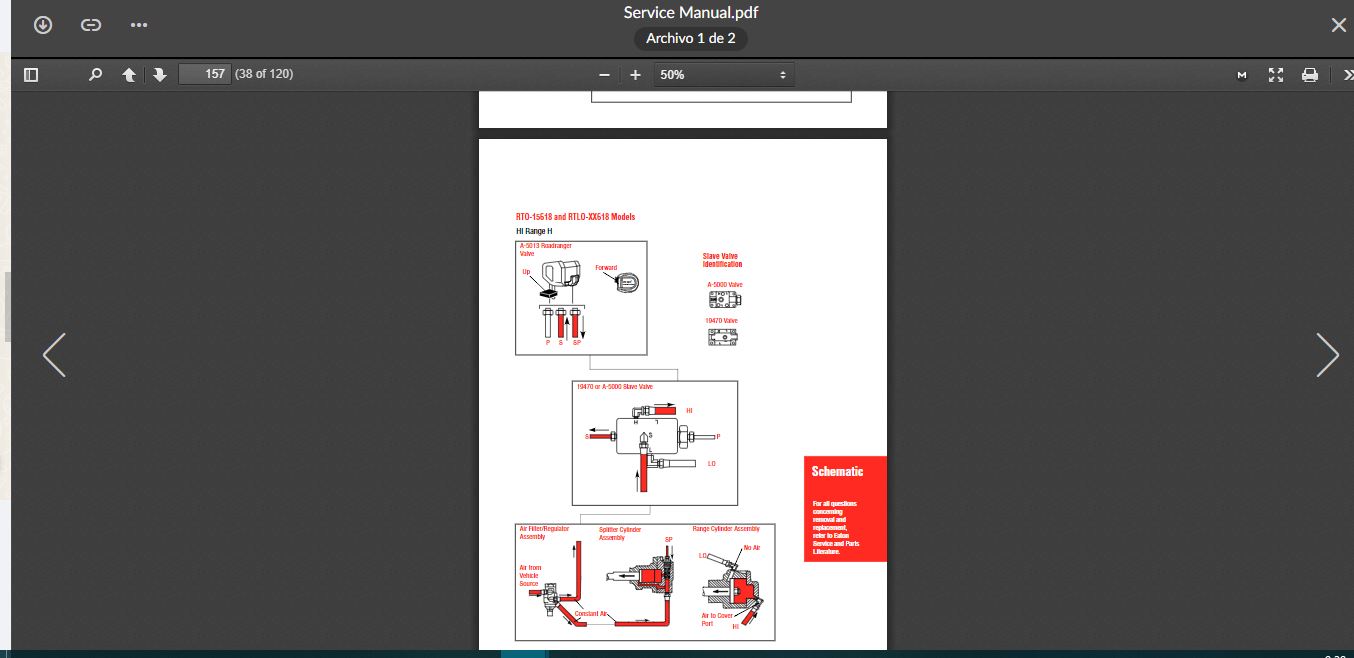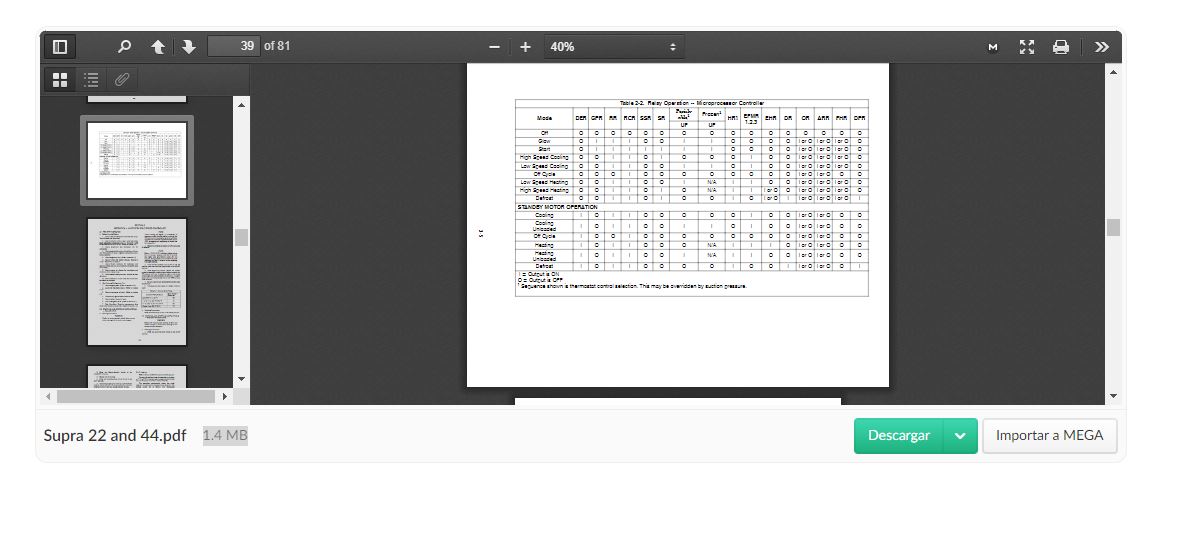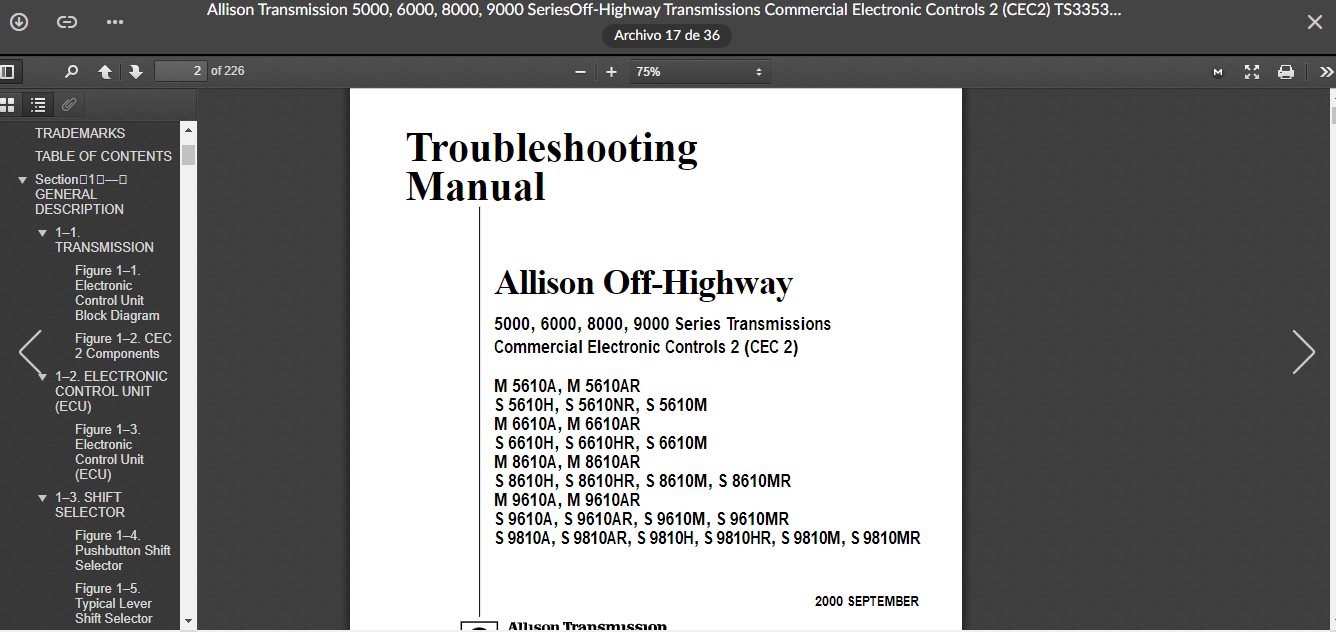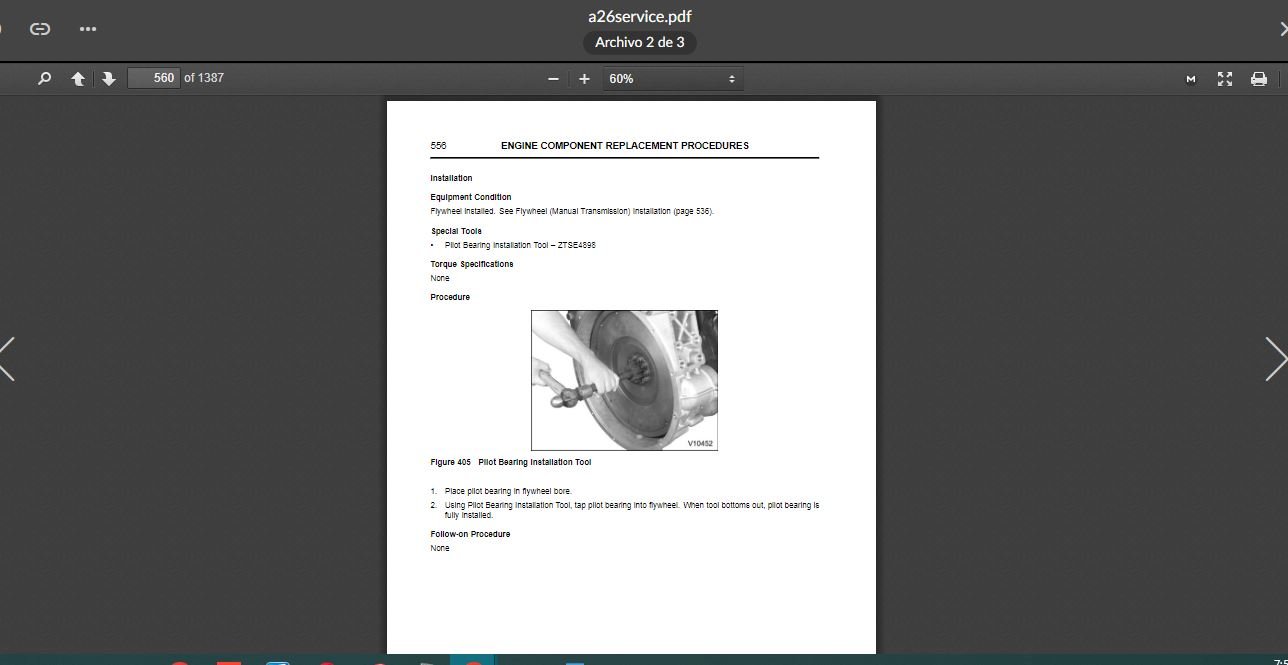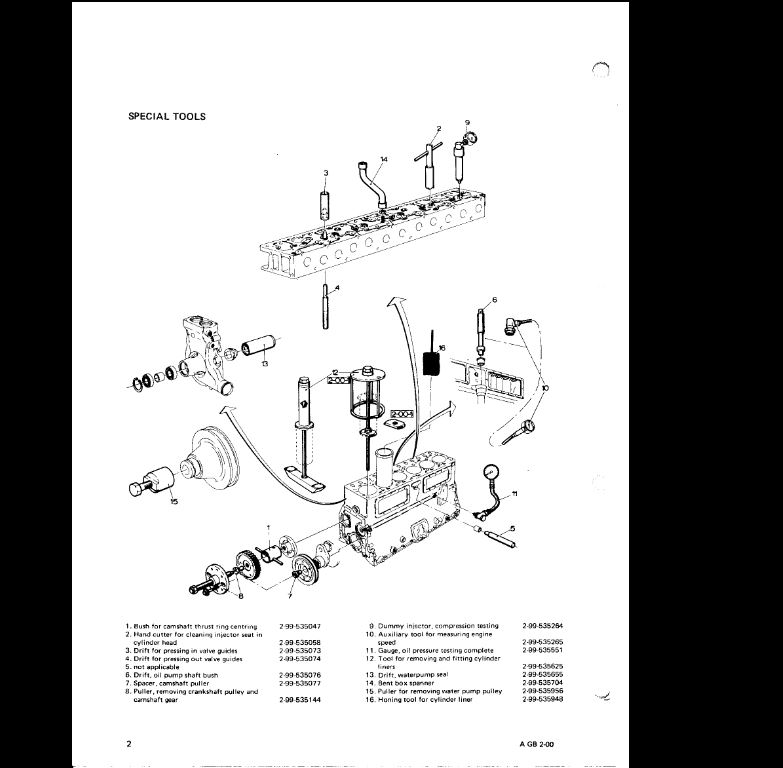Cummins ISX11.9 CM2250 (2010-12) Fault Code: 2638 (BCL) PID: SID 380 SPN: 5298 FMI: 17 Aftertreatment Diesel oxidation Catalyst Conversion Efficiency- Data Valid But Below Normal Operating range- Least Severe Level
Circuit Description
The aftertreatment system is monitored by three temperature sensors that are located in the exhaust system. The aftertreatment diesel oxidation catalyst intake temperature sensor is located after the turbocharger outlet, at the intake of the aftertreatment system. The aftertreatment diesel particulate filter intake temperature sensor is located between the aftertreatment diesel oxidation catalyst and the aftertreatment diesel particulate filter. The aftertreatment diesel particulate filter outlet temperature sensor is located after the aftertreatment diesel particulate filter. The temperature sensors around the aftertreatment diesel oxidation catalyst (DOC) are used to monitor the temperature differential across the catalyst during active regeneration of the aftertreatment system.
Component Location
The aftertreatment diesel oxidation catalyst is located in the exhaust system. The location of the catalyst can vary, depending on the original equipment manufacturer (OEM). Refer to the OEM service manual.
Conditions for Running the Diagnostics
Active regeneration of the aftertreatment diesel particulate filter must be occurring before the diagnostic will run.
Conditions for Setting the Fault Codes
The ECM detects that the temperature differential across the aftertreatment diesel oxidation catalyst during active regeneration is not matching the expected temperature increase.
Action Taken When the Fault Code is Active
The ECM logs the fault code immediately when the diagnostic runs and fails on two consecutive trips.
The exhaust gas recirculation (EGR) valve operation will be disabled.
Engine torque will be reduced if the engine is operated for an extended period of time with this fault active.
Conditions for Clearing the Fault Code
The fault code will be set to inactive after performing INSITE? electronic service tool Aftertreatment Diesel Particulate Filter regeneration test, and the Diesel Oxidation Catalyst efficiency is determined to be above a calibratible threshold.
The fault code status displayed by INSITE? electronic service tool will change to INACTIVE immediately after the diagnostic runs and passes.
For On-Board Diagnostics (OBD) engines, the ECM will turn off the MIL after three consecutive trips where the diagnostic runs and passes.
The ?Reset All Faults? command in INSITE? electronic service tool can be used to clear active and inactive faults, as well as extinguish the malfunction indicator lamp (MIL) for OBD applications
Shop Talk
This fault code is logged when the conversion efficiency of the DOC is calculated to be less than that required to perform an effective regeneration.
Possible causes of this fault code include:
Soot plugging the front face of the aftertreatment diesel oxidation catalyst
Engine oil or fuel contamination of the aftertreatment diesel oxidation catalyst
A cracked or contaminated aftertreatment diesel oxidation catalyst
A damage in the aftertreatment fuel injection system
A leaking exhaust system between the turbocharger and the diesel oxidation catalyst.
An in-range malfunction of the aftertreatment diesel oxidation catalyst or the aftertreatment diesel particulate filter inlet temperature sensor can cause this fault code. Make sure there are not any fault codes related to the aftertreatment temperature sensors before following this troubleshooting tree.
Reference the appropriate OEM wiring diagram when troubleshooting circuits that utilize wiring supplied by the OEM.
For intermittent power supply and data link communication issues with aftertreatment components, it is highly recommended that the OEM Power Distribution Center fuses and relays be thoroughly checked for loose, missing, or intermittent connections.
Possible Cause:
1) ECM calibration
2) Aftertreatment DOC failure
Related
-
Hino Diagnostic eXplorer 2 – Hino DX2 1.1.19.1 with keygen unlocked ( Hino trucks )
Hino $50.00Rated 0 out of 5 -
Volvo Intermediate Storage File Encryptor/Decryptor (Editor) VISFED 0.3.2
Trucks software $35.00Rated 0 out of 5 -
DOWNLOAD NISSAN UD DIESEL PC-CONSULT DIAGNOSTIC 1.1.13 & PC-REPROMASTER 1.2.0
NISSAN UD $100.00Rated 0 out of 5 -
Wabco ToolBox plus 13.7.0.1 + ECAS CAN2 v3.00 Diagnostics Software
Trucks software $84.00Rated 0 out of 5
-
premium volvo tech tool update 2.8.150 diagnostic software 1pc
Trucks software $150.00Rated 0 out of 5 -
DAF Davie Runtime v5.6.1 Davie XDc ll [02.2019] + Expire Fix 302.00 Unlock ( Windows 7 )
DAF $70.00Rated 0 out of 5 -
ddct Detroit diesel calibration tool (DDCT) v4.5 English Include Calibrations & Metafiles
Detroit $30.00Rated 0 out of 5 -
Volvo Premium Tech Tool PTT 2.8.130 Diagnostic Software 04.2022 ACPI ( 1 PC )
Trucks software $143.00Rated 0 out of 5 -
PF Diagnose 2.0.2.23 Diagnostics Software 2013 – Full Heavy & Medium Duty with OBDII Support – Online Installation Service
PF Diagnose $60.00Rated 0 out of 5 -
JOHN DEERE SERVICE ADVISOR 5.3.225 DATABASE AG + CF ENGLISH 2023
John Deere $250.00Rated 0 out of 5
Related products
-
Allison 1000 & 2000 Gen 4 Fault Codes: P1891 Engine Throttle Position Sensor Pulse Width Modulation (PWM) Signal Low Input
1000 & 2000 Gen 4 $50.00Rated 0 out of 5 -
Allison 1000 & 2000 Gen 4 Fault Codes: P0870 Transmission Pressure Switch Solenoid E Circuit
1000 & 2000 Gen 4 $50.00Rated 0 out of 5 -
Allison 1000 & 2000 Gen 4 Fault Codes: P0880 TCM Supply Voltage
1000 & 2000 Gen 4 $50.00Rated 0 out of 5 -
Allison 1000 & 2000 Gen 4 Fault Codes: U1064 J1850 (Class 2) TBC Controller State of Health Failure
1000 & 2000 Gen 4 $50.00Rated 0 out of 5 -
Allison 1000 & 2000 Gen 4 Fault Codes: U2104 CAN Bus Reset Counter Overrun
1000 & 2000 Gen 4 $50.00Rated 0 out of 5 -
Allison 1000 & 2000 Gen 4 Fault Codes: U1000 Class 2 Loss of Serial Data Communication
1000 & 2000 Gen 4 $50.00Rated 0 out of 5 -
Allison 1000 & 2000 Gen 4 Fault Codes: U0100 CAN Bus ECM Error
1000 & 2000 Gen 4 $50.00Rated 0 out of 5 -
Allison 1000 & 2000 Gen 4 P0719 Brake Switch ABS Input Low
1000 & 2000 Gen 4 $50.00Rated 0 out of 5 -
Allison 1000 & 2000 Gen 4 Fault Codes: P2771 Four-Wheel Drive Switch Circuit
1000 & 2000 Gen 4 $50.00Rated 0 out of 5 -
Allison 1000 & 2000 Gen 4 Fault Codes: U1300 J1850 (Class 2) Serial Data Communication Link Low
1000 & 2000 Gen 4 $50.00Rated 0 out of 5 -
Allison 1000 & 2000 Gen 4 Fault Codes: P0876 Transmission Reverse Pressure Switch Circuit Stuck Open
1000 & 2000 Gen 4 $50.00Rated 0 out of 5 -
Allison 1000 & 2000 Gen 4 Fault Codes: P0122 Pedal Position Sensor Circuit Low Voltage
1000 & 2000 Gen 4 $50.00Rated 0 out of 5 -
Allison 1000 & 2000 Gen 4 Fault Codes: P2810 Solenoid G Electrical
1000 & 2000 Gen 4 $50.00Rated 0 out of 5
-
SERVICE MANUAL Carrie Supra 422, 522,622, 722, 822,922, 644,744,844, 944 & Supra Multi-Temp
CARRIE $20.00Rated 0 out of 5


